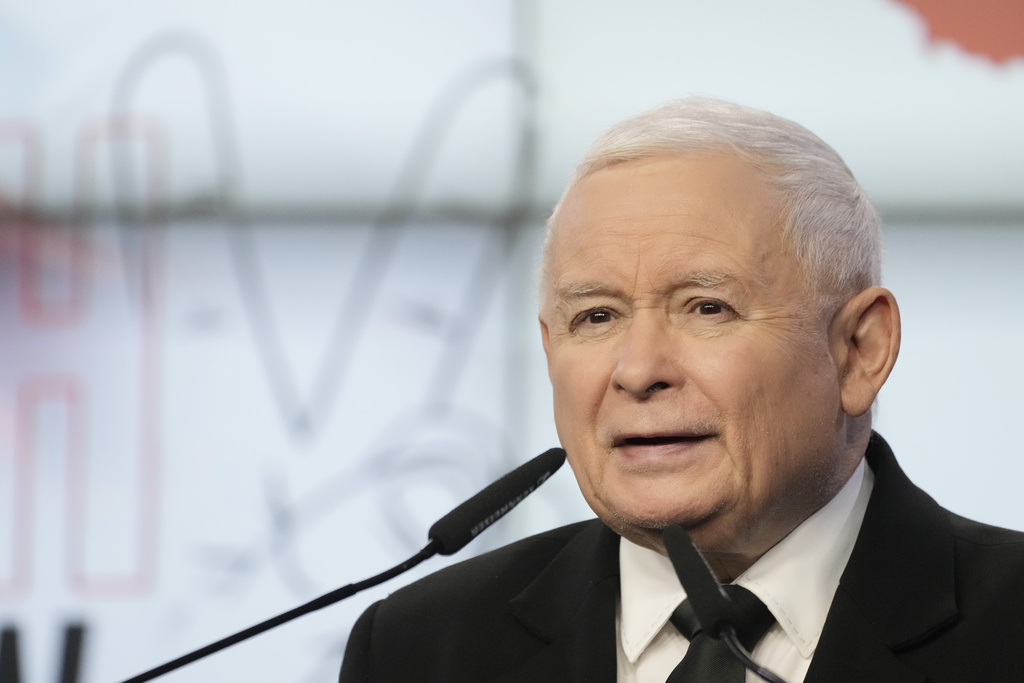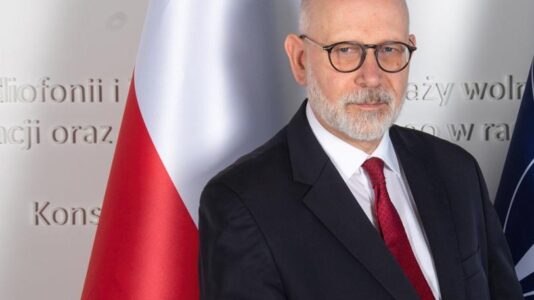In a public speech over the weekend, Jarosław Kaczyński, the head of Poland’s conservative Law and Justice (PiS) party, argued against adopting the euro for Poland, saying the economic benefits are far from real and would in the long-term only harm Poland.
In a Saturday gathering with the residents of Sompolno in the western region of Greater Poland, Kaczyński stated that it makes “absolutely” no economic sense for Poland to adopt the euro currency at this time.
“It benefits Germany, which does not want Poland to catch up or at least come very close, and this is not a problem today,” he remarked. According to him, switching to the euro would likely lead to a sudden increase in prices and a decrease in the purchasing power of wages.
“Realistically, the euro is worth not 5 złoty, but 2.55 złoty,” he assessed. (The actual value of the euro is 4.30 Polish złotys).
Kaczyński expressed his views on the European Union’s influence and utility.
“You meet with us so that the Union is for the people, not against them, to serve everyone,” Kaczyński said.
The meeting was part of his efforts to garner support for PiS in the upcoming elections.
“History continues, and in the context of the European elections, we think it will be a turning point where the course of history in the European Union will change,” the conservative leader highlighted.
Kaczyński also explained the drawbacks of having a strong currency, which he believes would make exports too expensive.
“We have a beautiful export market, including agricultural products, but if we had the euro, it would only be profitable if wages in Poland were lower,” Kaczyński added.
Moreover, Kaczyński pointed out that although the treaties mandate Poland to adopt the euro, they do not specify when this should happen. “We could, for example, do it in 60 years,” he suggested.
The European Parliament elections are scheduled for June 9, when Poles will choose 53 MEPs. The latest poll by Opinia24 shows that the Civic Coalition (KO) and Law and Justice (PiS) are almost even in support, with 30.8 percent and 30.6 percent, respectively, marking a significant change from March when there was a 9-point difference in favor of the Civic Coalition.
The Left stands in third place with 9 percent support, followed by the Confederation party at 8.3 percent. The Third Way alliance received 7.7 percent. Over 10 percent of respondents are still undecided on their vote.






